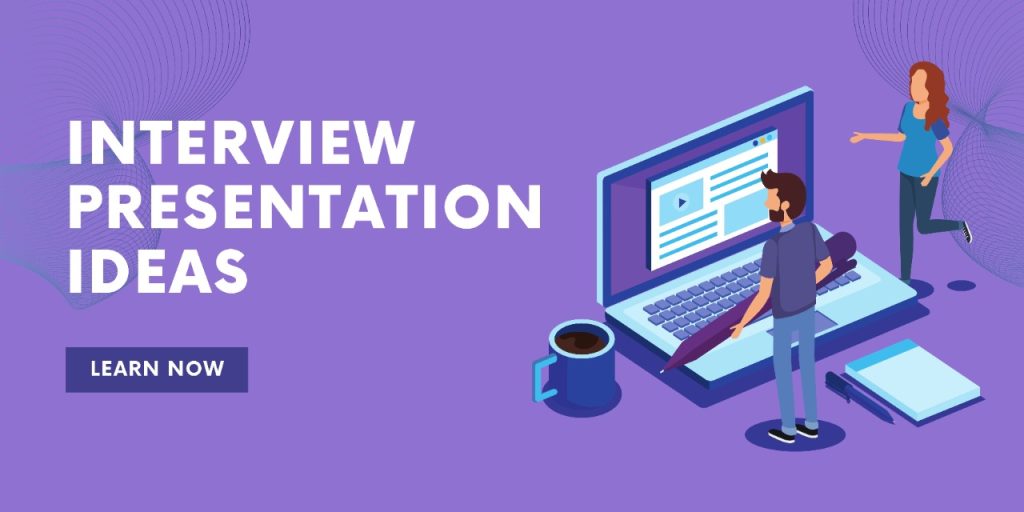To receive an invitation for a virtual interview can be stressful. In-person interview provides a more personal connection and increased involvement while virtual interviews appear difficult. To make sure you ace your virtual job interview, you need to take certain precautions.
In this article, we’ve put together some useful tips that assist job searchers be ready and feeling confident during their virtual interview. We’ll cover everything from preparation strategies (including turning off distractions, active listening, and studying the firm) to conducting yourself professionally during the video conference interview and understanding video call etiquette.
10 Tips to Ace Your Virtual Interviews:
- Test Your Technology:
Before starting your virtual interview, it’s important to test the devices to make sure there are no last-minute technical errors. Check your internet, microphone, webcam and any software that may be needed for the virtual interview. Become familiar with the technology that the interviewer will be using, such as Skype, Zoom, or another one for video conferencing. If you make sure everything is in working order beforehand, your chances of interruptions during the interview will be reduced.
- Wear Professional Attire:
Business wear is still necessary, even though it’s a virtual setting. By dressing accordingly, you may show that you respect the interview process and are a professional. Choose clothes that fit the organization’s role and culture, whether business casual or formal. Putting on your best outfit can leave a good impression on the interviewer as well as help you look more confident.
- Prepare in Advance:
As with any in-person interview, thorough preparation is necessary to ace your virtual interview. Study the business, its values, culture, and recent achievements. Read the job description and be ready to discuss how your qualifications fit the role. Prepare your answer in advance for any queries that might come up, which will ensure you successfully communicate your qualifications.
- Show up on Time:
Quickness is essential in a virtual interview. Treat your virtual interview with the same seriousness as an in-person experience, and aim to check in a few minutes early. This demonstrates your confidence and expertise. Make sure everything is operational before the interview starts, by getting there early, you may take care of the last-minute technological difficulties.
- Limit Distractions:
In your virtual interview, keeping distractions to a minimum can help you stay focused throughout the interview. Find a peaceful, brightly lit, and unoccupied place. Let the others in the house or roommates know when your interview is scheduled to prevent any interruptions. Close tabs or applications that aren’t important on your computer. Creating a good atmosphere allows you to participate completely in the interview and demonstrate your skills.
- Make Eye Contact with Camera:
Making eye contact in a virtual interview can be difficult because you’re staring at a screen rather than the interviewer. In contrast, looking directly at the camera rather than the screen fosters engagement and a sense of connection. Position your webcam at eye level, and keep your eyes open during the interview. This shows focus and engaged involvement in the conversation.
- Calm Your Nerves:
Before starting a virtual interview, it’s normal to be anxious. Controlling your nervousness is important for making an impression on the interviewees. Try some deep breathing exercises or visualization techniques to help you relax before starting the interview. Think of the qualifications and your preparation. Go into the interview with a positive attitude and confidence and realize that you have what it takes to succeed.
- Listen Carefully:
Paying close attention when you listen is as important as clearly expressing your ideas, as good communication involves both parties’ participation. Pay attentive attention to their questions and answers and avoid interrupting the interviewer. If required, make notes to make sure you cover every topic. Active listening techniques demonstrate your respect for the interviewer and allow you to give well-considered and appropriate answers.
- Use Engaged Body Language:
Body language is important in virtual interviews since it can communicate professionalism, passion, and confidence. Maintain your posture upright, sit up straight, and avoid bending over and fidgeting. To highlight important ideas, use hand gestures, but don’t go overboard. It gives the interviewer the idea that you are interested in the conversation and engaged when you smile genuinely and nod often.
- Be Yourself:
Authenticity is the most important factor in virtual interviews. Be authentic to who you are, rather than trying to project a false image of yourself. Let your enthusiasm for the position surface organically, and allow your individuality to come through. Being genuine helps you connect with the interviewer and distinguish yourself from other applicants. Recall that the goal is to locate a position that is a good fit for you both, not merely to get the job.
Conclusion:
We’ve provided important guidance to help job searchers and make sure they’re ready and feel confident during their virtual interviews. We’ll address each aspect of defeating your upcoming virtual interview, with advice on how to prepare, such as putting away distractions, practicing your responses, and performing in-depth research on the business. We’ll also review the specifics of video call etiquette, so you may walk into the video conference interview prepared to seem professional and leave a lasting impression.



